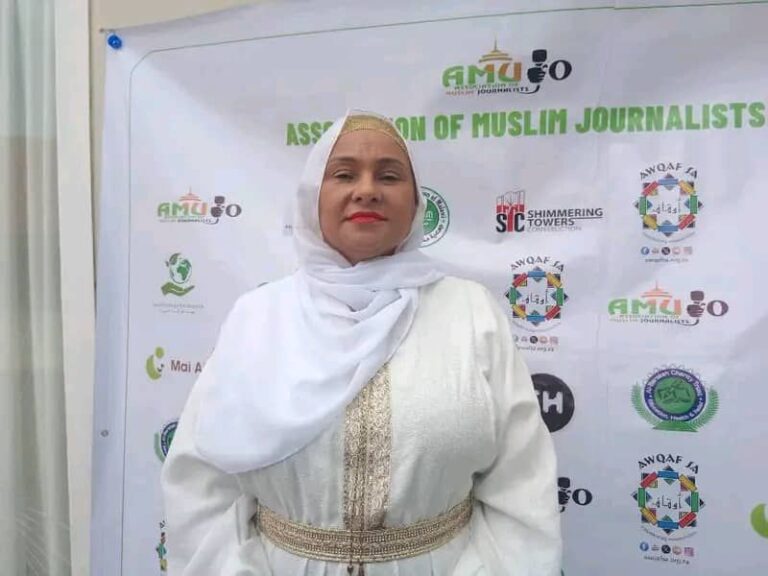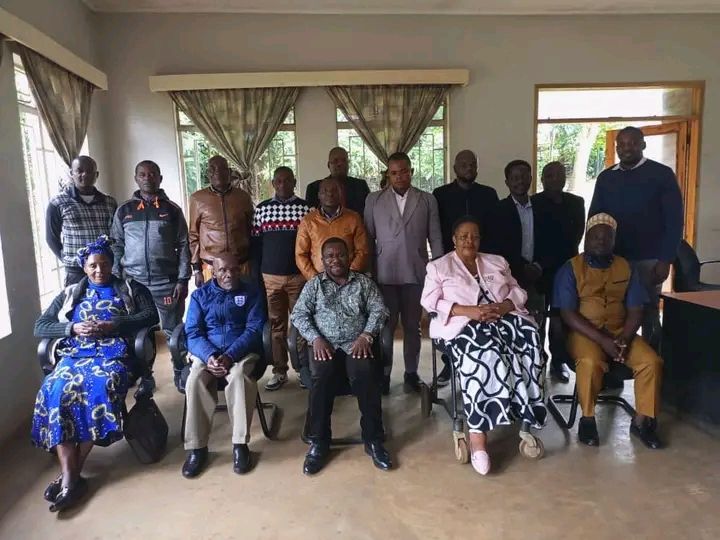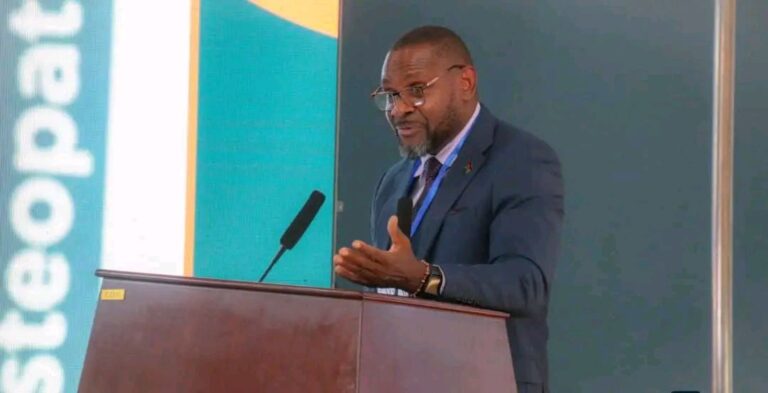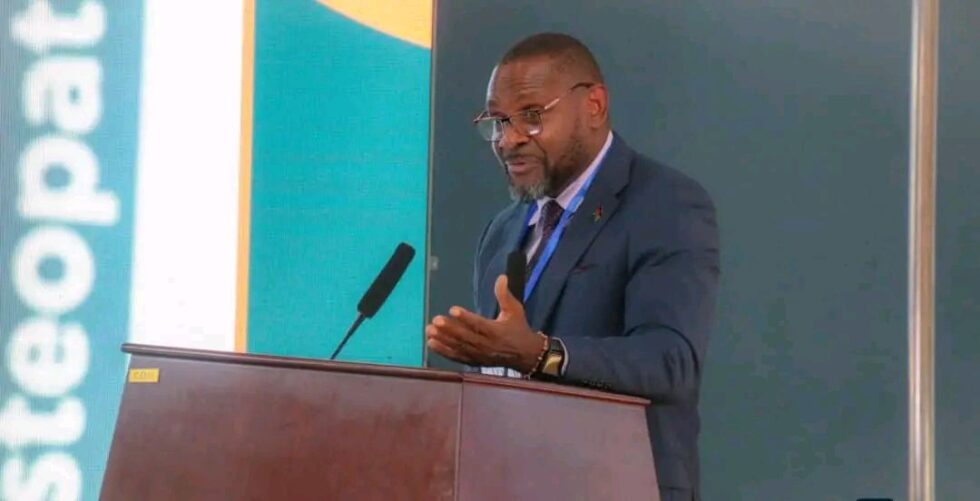By Burnett Munthali
The Minister of Water and Sanitation, Abida Mia, has assured journalists that the government is committed to creating a conducive environment for the media to operate freely during the forthcoming elections.
Speaking during the annual general meeting of the Association of Muslim Journalists held in Blantyre, Mia emphasized that a free press is essential for democracy and national stability.
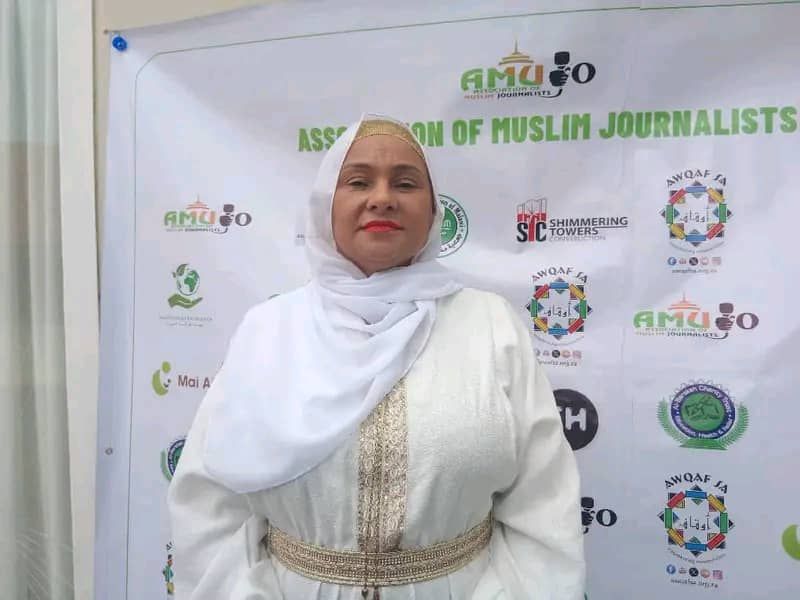
She urged journalists to take up the responsibility of reporting accurate and balanced stories, especially during the election period when tensions tend to rise.
Mia cautioned against the publication of stories that may incite violence, warning that such content has the potential to divide the nation and derail the democratic process.
She pledged continued support from the government to journalists and media practitioners, reaffirming the administration’s commitment to upholding press freedom.
The Minister’s remarks were welcomed by members of the Association of Muslim Journalists in Malawi, who expressed gratitude for the support.
President of the association, Chekautuwa Ndege, thanked Mia for attending the meeting and for her encouragement towards ethical journalism.
Organising Chairperson Cassim Aubi also applauded the Minister and echoed the call for professionalism among journalists, particularly during the election season.
Both leaders urged their colleagues in the media to adhere to journalistic standards that promote peace, fairness, and integrity.
The gathering in Blantyre highlighted the crucial role journalists play in shaping public discourse and safeguarding democracy through responsible reporting.
As Malawi edges closer to a tense electoral period, the interaction between government officials and media representatives signals a shared responsibility to ensure peaceful and credible elections.
By committing to support press freedom while advocating responsible journalism, Abida Mia’s message underscores the importance of collaboration between the state and the media in preserving democratic values.


